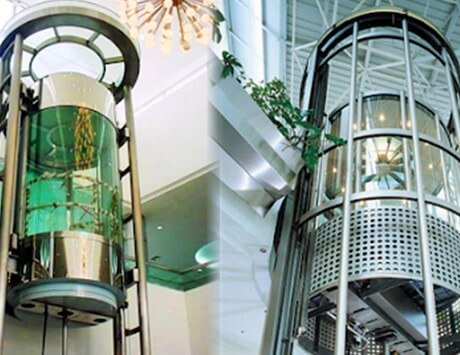
Hydraulic elevators are an essential component of vertical transportation systems, known for their smooth operation, energy efficiency, and space-saving design. Hydraulic elevator suppliers are pivotal in the industry, handling everything from the design and manufacturing of these systems to their installation and maintenance. This article examines the role of Hydraulic elevator supplier the benefits of hydraulic elevators, and highlights leading suppliers in the industry.
The Role of Hydraulic Elevator Suppliers
Hydraulic elevator suppliers are specialized companies that provide comprehensive solutions for hydraulic elevators. Their primary roles include:
- Design and Customization: Suppliers work with clients to design hydraulic elevators that meet specific requirements. This involves customizing various aspects such as cab dimensions, finishes, and control systems to fit the building’s architectural and functional needs.
- Manufacturing: Suppliers oversee the production process of hydraulic elevators, ensuring that high-quality materials and advanced technology are used. This includes assembling hydraulic cylinders, pumps, and control systems to ensure the elevator operates efficiently and reliably.
- Installation: Proper installation is critical for the safe and effective operation of hydraulic elevators. Suppliers manage the installation process, ensuring that the elevator is set up according to industry standards and building codes, which is crucial for safety and performance.
- Maintenance and Support: To ensure the longevity and optimal performance of hydraulic elevators, suppliers provide ongoing maintenance, repair services, and technical support. Regular maintenance helps prevent breakdowns and extends the lifespan of the elevator.
Advantages of Hydraulic Elevators
Hydraulic elevators offer several benefits that make them a popular choice for various applications:
- Smooth and Quiet Operation: Hydraulic elevators are known for their smooth and quiet performance. The hydraulic fluid system minimizes noise and vibrations, providing a comfortable experience for passengers.
- Space Efficiency: Hydraulic elevators do not require a separate machine room because the hydraulic machinery can be integrated into the building’s existing structure. This is particularly advantageous in buildings with limited space.
- Energy Efficiency: Hydraulic elevators are often more energy-efficient, especially for low to mid-rise buildings. They typically consume less energy compared to other elevator types, particularly for short travel distances.
- Low Maintenance: With fewer moving parts compared to traction elevators, hydraulic elevators generally require less maintenance. This results in lower operational costs and fewer service disruptions.
Leading Hydraulic Elevator Suppliers
Several prominent companies are recognized for their expertise and innovation in hydraulic elevator systems:
- Otis Elevator Company: Otis is a global leader in the elevator industry, offering a range of hydraulic elevators known for their durability and advanced technology. Their products cater to various applications, including residential and commercial buildings.
- Thyssenkrupp: Thyssenkrupp is renowned for its innovative elevator solutions. Their hydraulic elevators are designed for smooth performance and can be customized to meet specific client requirements and building needs.
- KONE: KONE focuses on sustainability and energy efficiency, providing hydraulic elevators that feature modern design and technology. Their products meet contemporary standards of performance and environmental responsibility.
- Schindler Group: Schindler offers a variety of hydraulic elevators suitable for different types of buildings. Their elevators are known for their reliability, innovation, and user-friendly features.
Industry Trends and Future Outlook
The hydraulic elevator industry is evolving with advancements in technology and an increased focus on sustainability. Key trends include:
- Smart Technology Integration: Modern hydraulic elevators are increasingly incorporating smart technology, such as remote monitoring and control systems. These innovations enhance performance and provide real-time data on elevator operations and maintenance needs.
- Focus on Energy Efficiency: There is a growing emphasis on developing energy-efficient hydraulic elevators to reduce energy consumption and environmental impact. Suppliers are investing in technologies to improve efficiency and sustainability.
- Customization and Flexibility: The demand for customized elevator solutions is rising. Suppliers are offering more options for bespoke designs, finishes, and features to meet the unique needs of various buildings and clients.
Conclusion
Hydraulic elevator supplierplay a crucial role in delivering efficient and reliable vertical transportation solutions. Their expertise in design, manufacturing, installation, and maintenance ensures that hydraulic elevators meet diverse building needs. As the industry continues to evolve, hydraulic elevator suppliers will remain essential in providing innovative solutions that enhance performance, sustainability, and user experience.